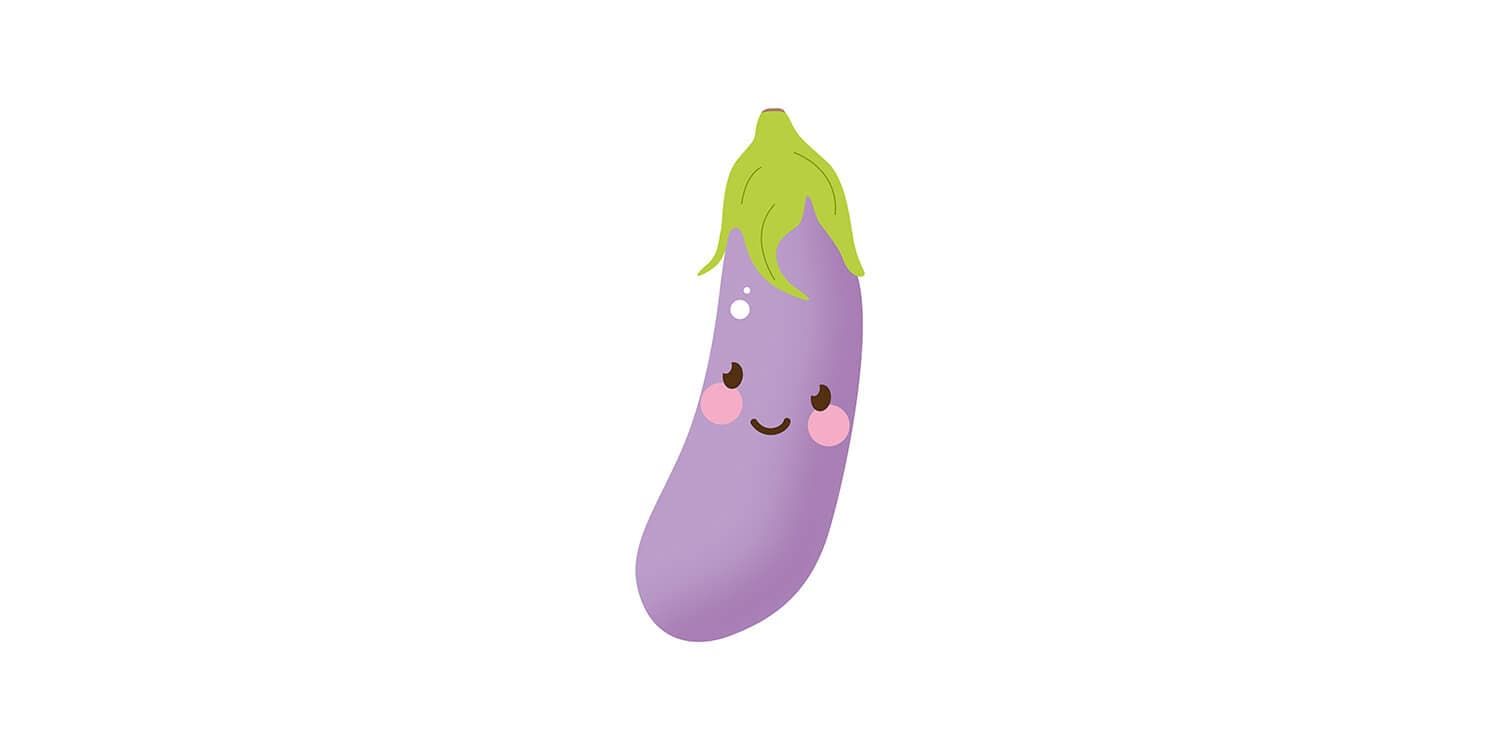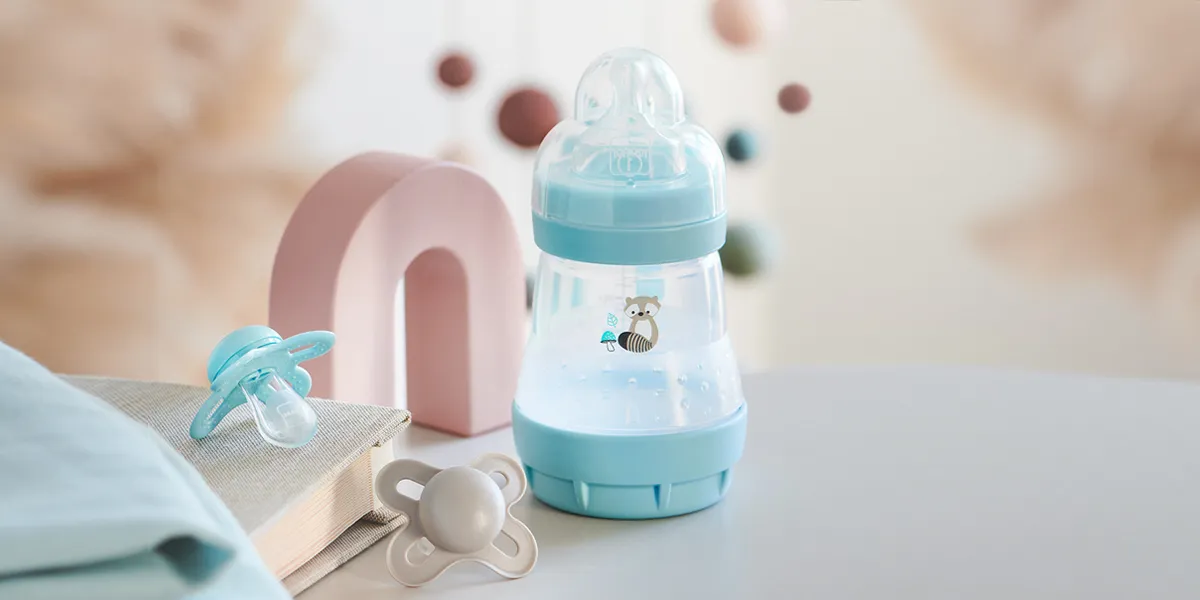Regardless of what calculations you use, you have now reached the third trimester! As already mentioned in the 26th week of pregnancy, various sources specify different weeks for when the trimesters start and finish. Read on to find out why you might be getting less sleep now that you are 28 weeks pregnant, and what else your baby is up to at this stage.
What's Going On in Your Belly at 28 Weeks Pregnant?
The fetus is around 15 inches long (crown to heel) and weighs just over 2 pounds.
Your baby is busy practicing facial expressions: It can now wrinkle its nose, yawn, frown, and smile. Although not for any specific reason yet – the movements are merely intended to train the muscles in the face. It closes its eyes when sleeping and opens them again when it wakes up. Your little one has now also established its own sleep cycle.
Your baby is now about the size of a large eggplant.

The eyes have not yet turned their final color, but aside from this they are fully developed. The lungs are producing increasing quantities of surfactant (a compound word made up of the individual words "surface active agent"). We are unable to breathe without this substance, because it prevents the alveoli from collapsing. Production of this vital substance starts at around the 24th week of pregnancy and continues until week 34 – this is one of the main reasons why breathing poses a major challenge for premature babies. If a premature birth is imminent, an injection of corticosteroids will be administered to the pregnant mother to promote the production of surfactant.
A premature baby now has a very good chance of surviving outside of the womb.
How Do You Feel at 28 Weeks Pregnant?
By now, many pregnant women are struggling to sleep – and there are various reasons for this, including:
- Hormones
- Anxiety due to the changing situation and the pending labor
- Back pain
- Sleeping position: Women who usually sleep on their back or front find it more difficult
- Pressure on the bladder
The uterus is changing to allow the baby to adopt the best position for labor: It is becoming wider at the top, and longer and narrower at the bottom. However, your little one still has a few weeks to position itself with its head pointing downwards.
The increasing expansion of the womb means that your other organs are rather short of space, and your lungs also have less room available to them. This can literally mean that you run out of air in your lungs faster, and you become short of breath.
Some women are also already "leaking" by now: The first milk may be secreted from the breasts.
Gentle care is advised in order to prepare for breastfeeding. Avoid using shower gel or soap and only wash your breasts with water to avoid irritating the skin. If your skin is very dry, you may also wish moisturize your nipples as part of your daily skincare routine. Allowing air to reach your breasts and walking around without a bra every now and then will ensure sufficient "firming up". What you must NEVER do is brush or scrub your nipples, as this may damage them.
If your nipples are very flat or inverted (referred to as flat, retracted, or inverted nipples); consult with your doctor to find out what else you can or should do.
Retracted nipples are very rare. They do not extend when stimulated, but instead withdraw further inwards. However, it is not possible to say whether they will be problematic during breastfeeding; a great deal depends on how the baby gets on with them. Some babies have no difficulty generating sufficient suction, while others need the incentive of a nipple on the gums to encourage them to feed. Milder forms of flat or inverted nipples can also change their shape through breastfeeding.
If you have a breastfeeding group or breastfeeding advisory center in your area, this is a great opportunity to gain information, chat, and obtain practical support. In some regions, midwives also provide specialist advice on breastfeeding.
Photo Credit: Unsplash
Pregnancy Week 27
Initial Provisions for Your Baby
Pregnancy Week 29
Practice Contractions or Prodromal Contractions?
The third trimester: Welcoming a new life
with MAM-expert Dr. Tony (Tao) Duan




























